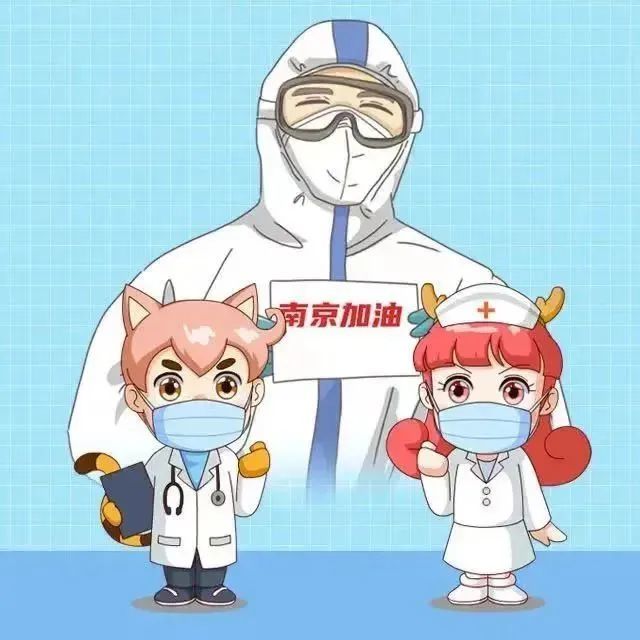"New Year" is the most anticipated festival for children, while allowing children to enjoy a joyful atmosphere, as a parent, we must also support the "health umbrella" for children.
Yes, these details of life must be paid attention to!
What should I do if my child does not want to wear a mask?
Children under 1 year old are not suitable for wearing masks, and younger children cannot wear masks, what should I do? For this type of child, it is recommended that parents focus on passive protection. The so-called passive protection is to indirectly protect children by the protection of parents, family members and caregivers.
Caregivers themselves should wear masks and lead by example.
Don't sneeze at your child. When coughing and sneezing, take care to cover your nose and mouth with a tissue or elbow.
Dress your child appropriately, don't feel that it is winter, but do not advocate wearing too little to exercise the child's ability to withstand cold, it is easy to make children sick.
For older children, you can tell your child directly about the need to wear a mask through storytelling or reasoning.
How do I tell the difference between the flu, the common cold and COVID-19?
Winter is the high incidence of influenza in children, if the child has a cough and fever, how to distinguish between influenza, common cold or new crown pneumonia?
Colds usually have symptoms of nasal congestion, runny nose, sneezing, and may be accompanied by fever. However, it is generally low-to-medium fever, which usually lasts for 1-2 days, and rarely has systemic symptoms of general muscle pain or fatigue.
Influenza is often accompanied by high fever, and the heat range is relatively long, usually 3-5 days. Influenza is also often accompanied by systemic symptoms, including generalized muscle pain, fatigue, and headaches. Severe influenza can also have serious complications, especially in young children.
The main symptoms of confirmed cases of new crown pneumonia include fever, cough, fatigue, and may also have symptoms such as vomiting, abdominal pain, diarrhea, etc., and some patients may also have loss of smell and taste.
These details of life must be paid attention to
Do not share utensils with children. When feeding your child, do not blow food with your mouth, and do not try food with your mouth before feeding it to your child.
Disinfect your child's toys and belongings regularly and pay attention to your child's hand hygiene.
Parents should change clothes and hand hygiene in time before coming home from outside, before touching their children.
The home should be ventilated regularly. Generally, ventilation is 2 to 3 times a day, each time for 20 to 30 minutes. When ventilating in winter, pay attention to avoid letting the wind blow directly on the child, so as not to catch a cold.
Winter is the high incidence of respiratory infectious diseases, as little as possible to bring children to crowded public places and confined spaces, in crowded places should wear masks.
Finally, parents are reminded
If you find yourself may be infected with a respiratory disease
Be sure to wear a mask
Do a good job of proper home isolation!
Scientific epidemic prevention everyone has the responsibility
